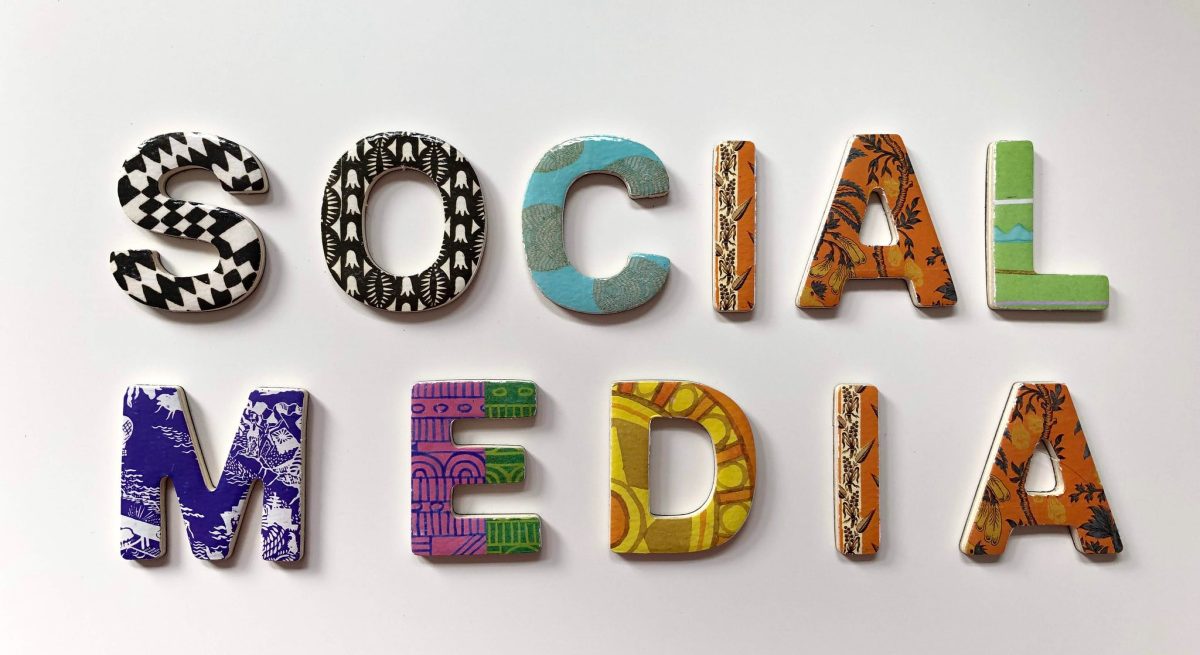Essential Social Media KPIs Every Restaurateur Should Measure
4 Min Read By Bhavika Sharma
Restaurateurs, if you are reading this article, it means that you are either sold to the idea of social media marketing or are already incorporating social media in your marketing strategy. But to assess the performance of your social media accounts in terms of lead generation, traffic to your website and brand exposure, are you measuring the right social media metrics?
The right metrics should answer the following questions:
-
Is your restaurant’s social media platform reaching the right people?
- Is it engaging the right people?
- How many of your social media fans are actually inquiring about your products or services?
- How many of them are actually buying your products or services?
That said, there are four main areas of social media KPIs you should be focusing on:
1. Engagement
This should be number one for you. If you do well in this particular KPI, rest all KPIs (which we will discuss later) will fall in place. Engagement is simply the number of likes, comments, and shares your social media posts receive.
If your reach is high and engagement is low, it’s a red flag. That means your social media content doesn’t resonate with your audience. Having said that, if you are able to engage your audience, even if it’s a small number, it will grow organically to generate leads.
Platforms like Twitter, Facebook, etc., perceive engagement as a sign of quality and popularity. So, if you have high engagement, your posts may rank higher in social media SERPs and may even appear on the first page on search engines.
The KPIs for engagement that needs to be measured are as follows:
-
Clicks
Clicks directly correlate to the relevancy of your content and call-to-action. Your established fans will click on whatever you share, but the real success of the post is when a vast majority of new people click your posts because they find it interesting.
-
Likes
Likes are an important KPI for the online success of your business. Most people go through popular restaurant pages while exploring their options. The likes you receive play an important role here as they capture the potential customers’ attention. Additionally, social media platforms take pages and post with more likes as important and of value to the customers.
-
Shares
When someone shares your post, it acts as a personal recommendation to their family, friends, and colleagues. It also is an indication that your content is of high quality.
-
Comments
Your content should be able to spark a conversation. Any kind of comments is welcome – praise, criticism, or general discussion is great for you as long as there is no silence. Comments on your posts is a sign that you are hitting the right people at the right points of interest.
-
Brand Mentions
Tags or mentions indicate that your brand is important for people to mention it in your absence. This KPI is a measure of your success to be on top of the mind of people.
-
NPS
This social media KPI, although an old metric, is enjoying its newly acquired popularity. The Net Promoter Score (NPS) is a measure of the number of detractors you have and what’s making them unhappy about your product or service. NPS is of tremendous value if you want to focus on long-term growth and development of your restaurant business.
2. Reach
Measuring reach is old-school, but it’s still relevant in today’s world. It measures how far and how many eyes your message reaches.
Measuring reach on social media can be misleading at times as it is just an estimate unlike engagement.
You can measure reach by tracking the following KPIs:
-
Followers
The total number of people following your brand are the people who willingly sees your posts. It indicates your brand reach without engagement.
-
Impressions
Impressions indicate the number of times your post appeared in someone’s newsfeed/timeline. It could be because someone follows your page or someone they know has shared or liked your content. Regardless, a high number is always good.
-
Traffic Data
It’s important to measure the percentage of traffic that actually comes from social media, especially if you are investing time and effort into creating high-quality social media content. If the numbers do not reflect your investment, it’s a sign that you may have to expand your reach.
3. Leads
It may be exciting to see the number of likes and shares increase as your social media account gains traction. But is your bottom line showing any impact? It then comes down to this question: how many of your engaged fans are actually willing to make a purchase? If you cannot answer this question, probably you aren’t measuring the impact of social media on lead generation. The reason for not generating leads could be – either your content isn’t engaging, or you are on the wrong platform
4. Customers
The aim of your social media posts is to provide content and initiate a conversation with your audience. But when the time comes, your potential customers should be willing to buy your services. This is the ultimate test of your social media marketing success. If you have been engaging your potential customers with high-quality, relevant content, you’ll have no problem getting them interested in buying your product.


